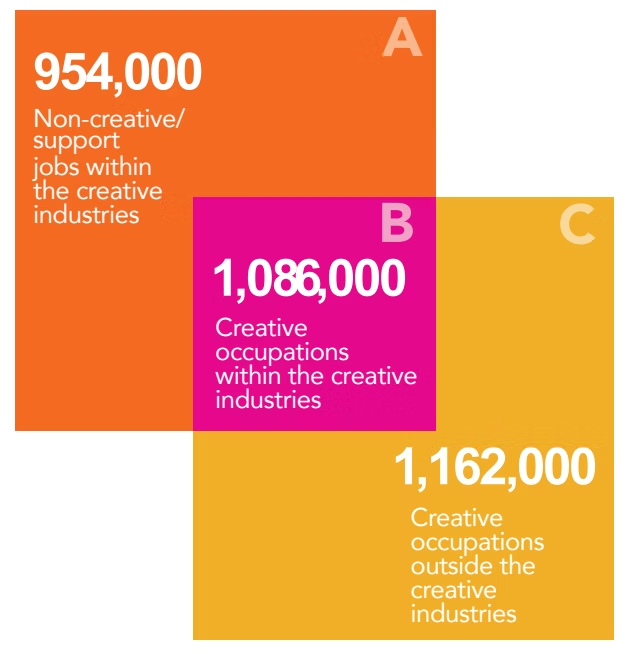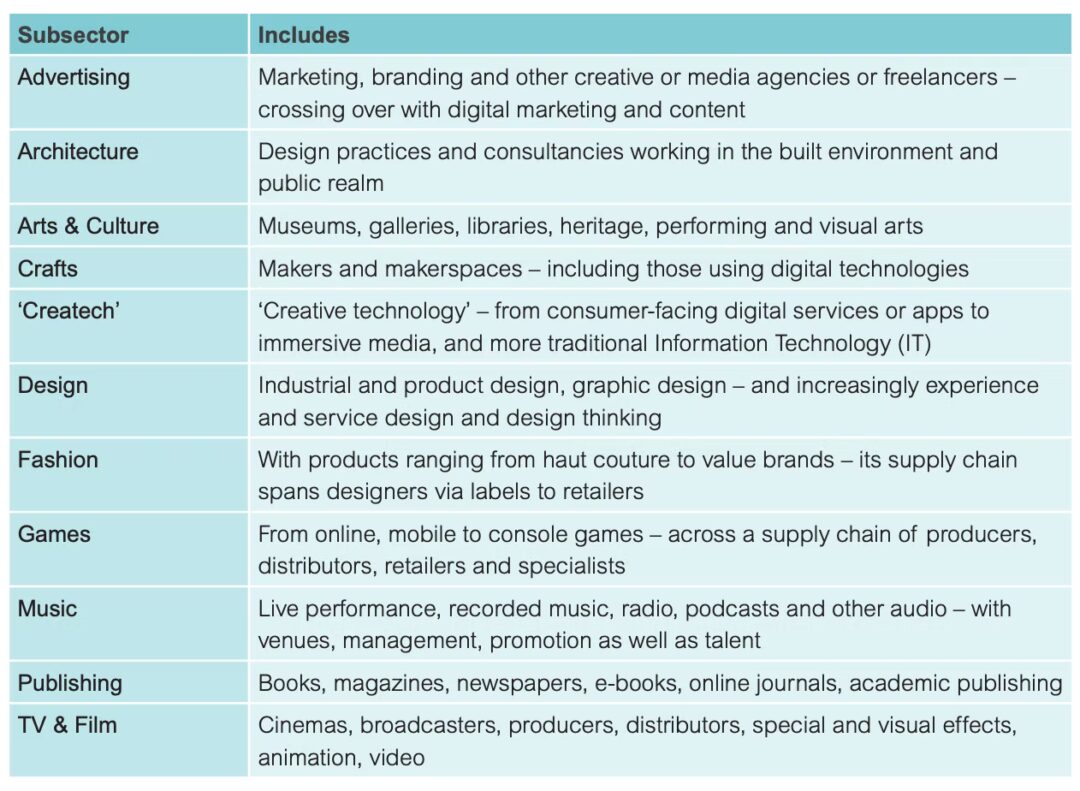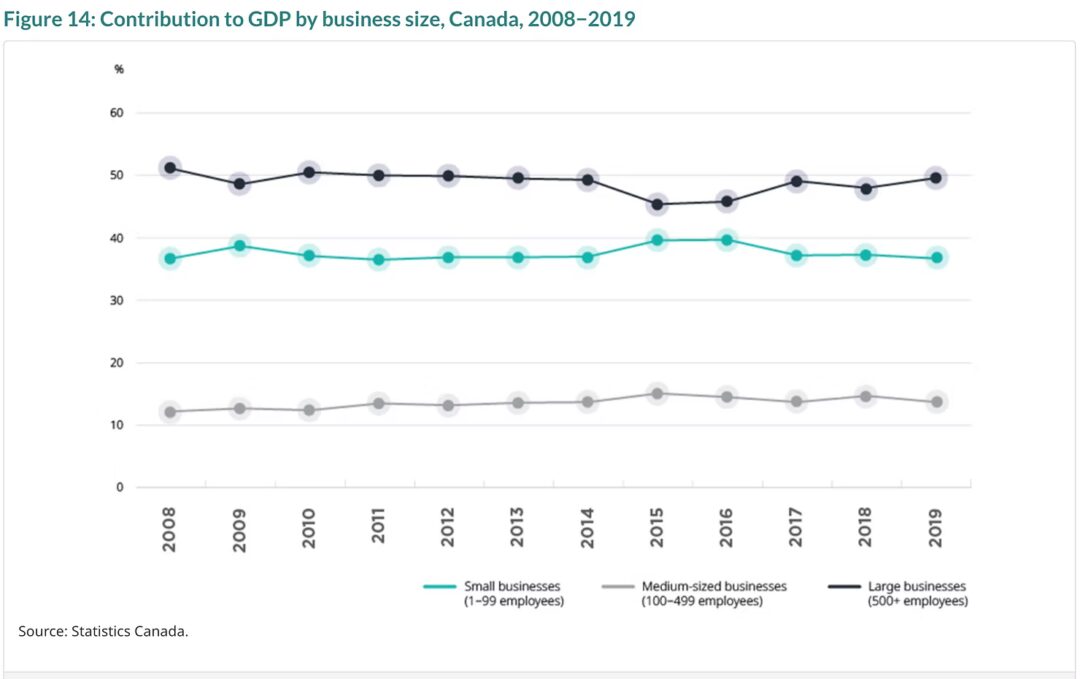The United Kingdom is doing a fantastic job explaining why the Creative Economy is the best strategy for supporting local/community economies. The UK Local Government Association’s description of who works in the Creative Economy is expansive, and includes a wide range of Creative Industries – as well as all the creativity activity that shows up in other segments of the economy. See chart and graphic at the bottom of this post.
Surprisingly, their broad definition does not include food production And yet most food production meets the criteria of a core Creative Industry. It is fundamentally innovative and small-scale – tested in ‘labs’ such as public markets, food trucks and experimental/experiential micro restaurants.
In fact, every single farmer’s market or public market in the world is a beautiful mix of small-scale food production alongside small-scale manufacturing (furniture, clay goods, wearables, 2d and 3d art products). Small businesses and self-employed entrepreneurs are the heart and soul of community economies – especially in rural parts of Canada (reminder: our Vancouver Island/rural Islands super-region is 50% rural and teeming with creatives).
The creative industries have always adopted employment trends before other sectors – more than a third of people who work in the sector are self-employed and 94 per cent companies in the sector are microbusinesses. These are also the jobs of the future our research found that only 15 per cent of jobs in the creative sector are likely to be replaced by automation. (UK Local Government Association, Creative Spaces: Supporting Your Local Creative Economy)
All this to say, I vote for expanding our idea of the Creative Economy in our super-region to include small-scale food production. I encourage all foodies to check out the opportunities available through Canada’s Small Scale Food Processor Association (SSFPA) – including the new $3.5 million funding program from the Women’s Enterprise Strategy’s (WES) Inclusive Venture Capital. This program will partner with organizations across Canada to assist women/intersectional entrepreneurs that produce Consumer Packaged Goods to strengthen their capacity to access venture capital funding.
Indigenous women food entrepreneurs – and all other kinds of Indigenous creative entrepreneurs, can now apply for free supports to get their business ideas off the ground.
This wonderful organization in Ontario provides virtual coaching and courses: National Women’s Indigenous Entrepreneur’s Ecosystem (NIWEE). Pronounced ‘knee-wee’, you’ll be hearing more from me about this organization and its offerings in the future, as they are the perfect example of partner service envisioned by our Creative Economic Development Office project.
NOTE: NIWEE currently accepting applications on an ongoing basis and will review them as they are submitted. Those who submit their applications before July 15, 2023 will be considered for the September 2023 cohort. This brochure contains a lot of information about this program.









